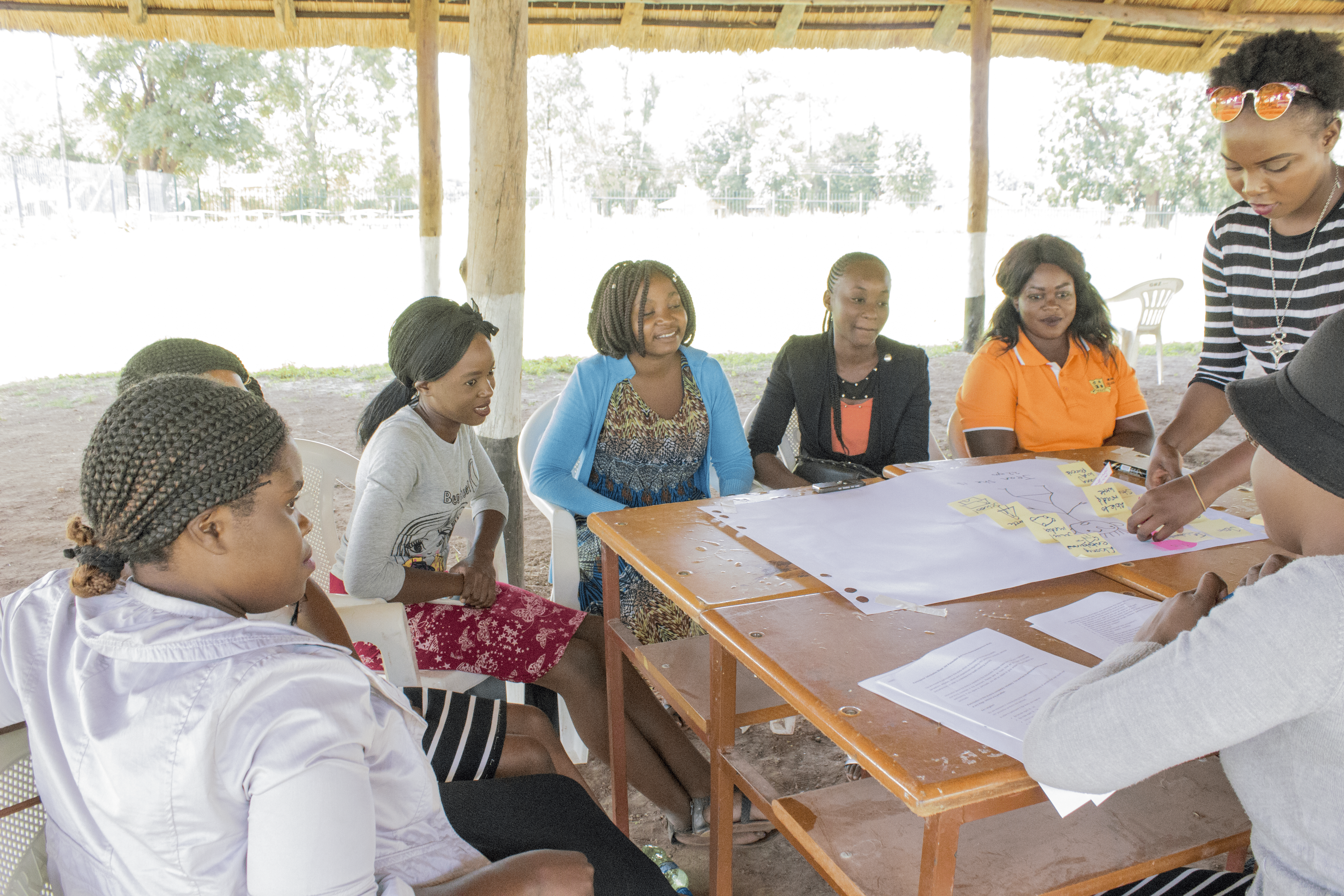Word on the Street: Putting people’s views and needs at the heart of HIV health care in Zambia
July 9th, 2020 | viewpoint
Many of us enjoy perusing and posting on social media, chatting or texting with friends, and confiding in partners and family members—we like to hear what each other thinks. In Zambia, people’s feelings and thoughts are at the center of a movement to end AIDS.
In April 2019, the government, with support from the JSI Research & Training Institute, Inc. (JSI)-implemented USAID DISCOVER-Health project, created the national Zambia Ending AIDS campaign. The campaign empowers people to know their HIV status and provides them with prevention or treatment options to suit their lifestyle. In a country where the predominant mode of HIV transmission is unprotected sex, the campaign uses storytelling with a sex-positive focus to convey the message that people can live their lives, as they want, free from judgement and stigma, and also prevent HIV transmission.
The catalyst for the campaign arose in 2018, when pre-exposure prophylaxis (PrEP) was rolled out across Zambia and needed a clear social and behavior change communications strategy to help it gain acceptance and traction. The key audiences for the communication strategy were the general public, especially individuals at substantial risk of HIV, including members of high-risk groups such as adolescent girls and young women, sero-discordant couples, men who have sex with men, and female sex workers; and health care workers. It was critical to understand and consider the differing attitudes and concerns of these various groups at all stages of the planning and implementation.
Using a human-centered design approach, USAID DISCOVER-Health began with two questions: How can we design a campaign that understands Zambians, and what will convince people and make it easy for them to access and use HIV prevention products like PrEP? To answer this, the project and Media 365, a Zambian creative agency, conducted focus group discussions, in-depth interviews, and on-the-street questionnaires with hundreds of people in Kitwe, Kabwe, and Lusaka, and with groups of health care workers.

The study revealed that health care workers were both facilitators and barriers to people’s HIV service access and use. For PrEP specifically, respondents described health care workers as often judgmental and sometimes unknowledgeable, and yet they still rated them as the most trustworthy source of information. In response to this finding, the Zambia Ending AIDS campaign developed a set of tools to help health care workers quickly become more knowledgeable about PrEP and strengthen their ability to provide information and empathetic care. These included an app, videos, and posters illustrating ‘5 Easy Steps for Prescribing PrEP,’ all featuring appealing colors, straightforward language, and engaging messages. The campaign also developed an online PrEP management system that, as of June 2020, had sent 38,185 PrEP appointment reminders and 58,902 adherence support messages. Equipped with these well-designed tools, health care workers are now better able to advise clients on PrEP; offer them guidance and information; treat them with empathy; administer PrEP correctly; and help them adhere to it.
Behavioral change is an incremental process. We can’t expect overnight results, but with mentorship and continuous support, we can equip and support people to prevent HIV transmission in ways that suit them and their circumstances, including through higher PrEP uptake. By the end of May this year, 18,359 clients were initiated on PrEP in USAID DISCOVER-Health-supported sites. Over the course of 2019, 288 health care providers were trained and given these tools to help them do their job better. In asking people about their experiences and incorporating their opinions into program design, the Zambia Ending AIDS campaign is helping the country move closer to HIV epidemic control.
At the international AIDS2020 virtual conference, Senior Advisor Prevention and Behavioural Interventions at USAID DISCOVER-Health Mwansa Njelesani is delivering “That’s how we roll! Using Human-Centered Design for PrEP rollout in Zambia,” an oral presentation on the findings.
We strive to build lasting relationships to produce better health outcomes for all.